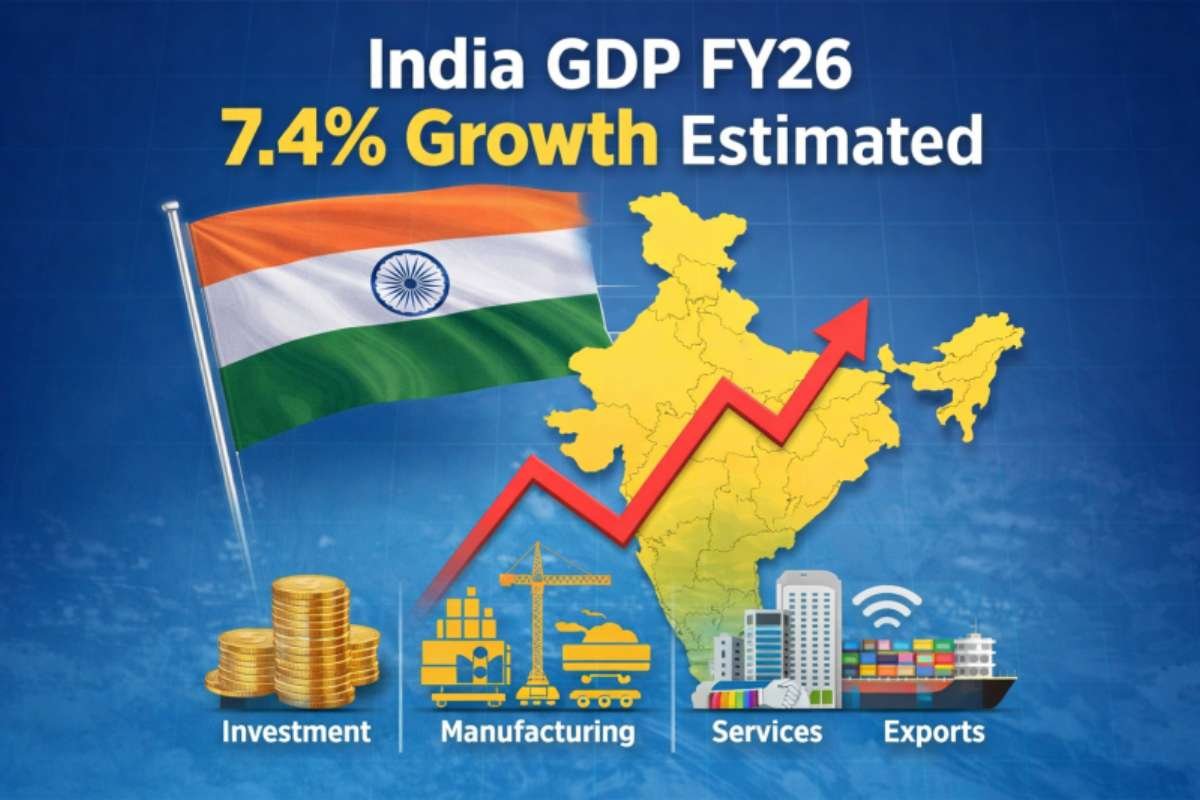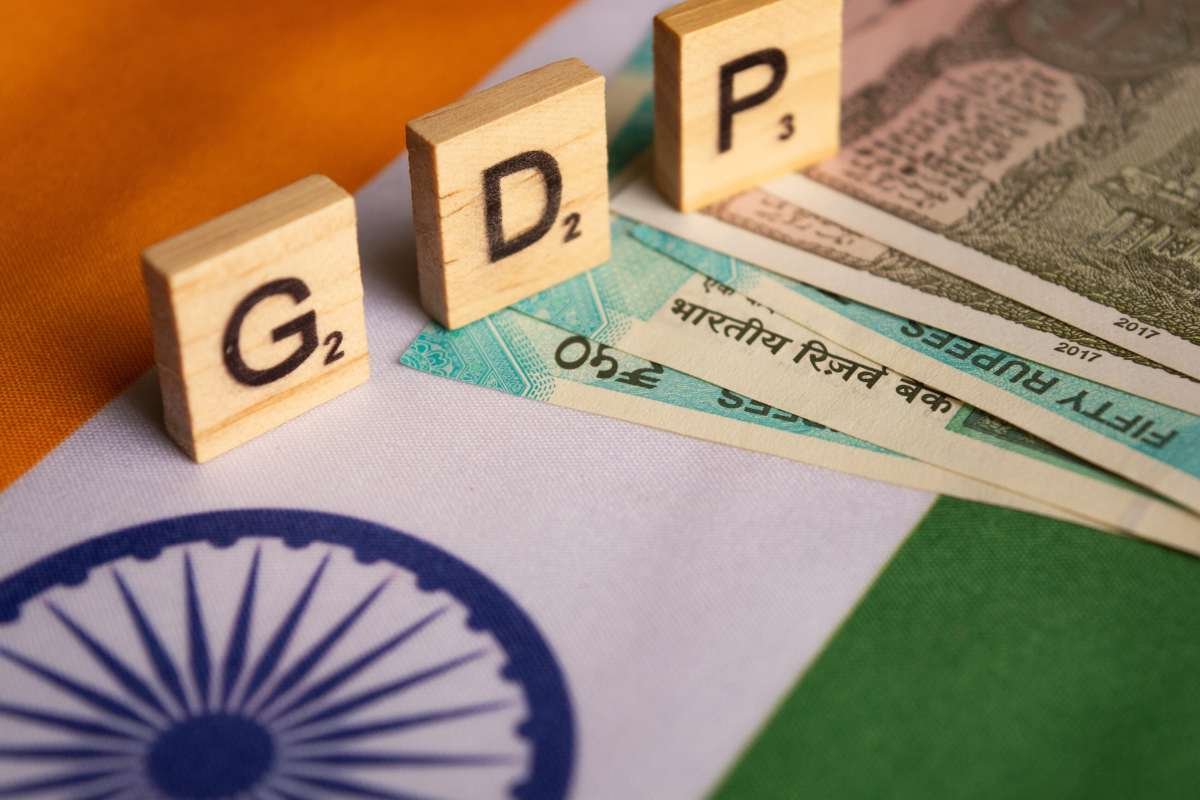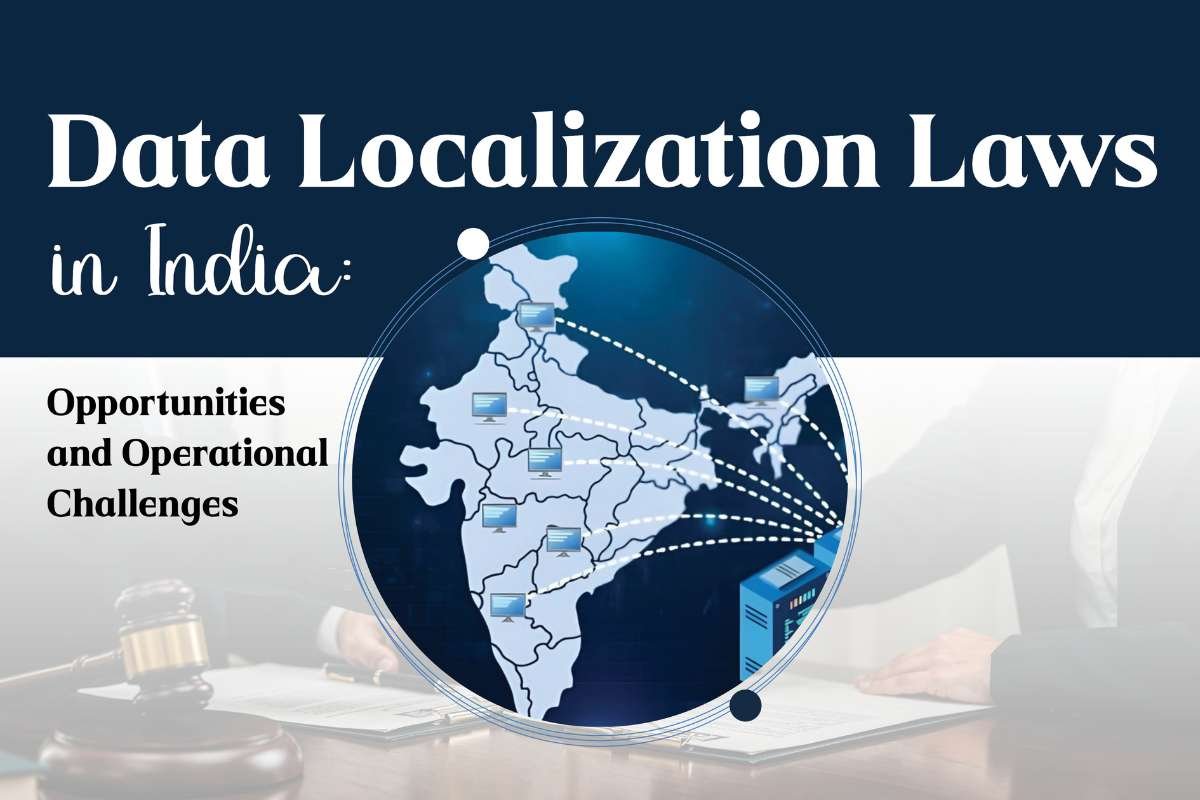In today’s interconnected world, the ability to make sound decisions is critical, particularly when those decisions impact not just an individual but the greater society. Decision-making for the greater good has become an essential concept, especially in a country like India, where diversity in culture, religion, and socio-economic status shapes the way people live and interact. The decisions we make, whether at the community, corporate, or governmental level, have far-reaching effects on the future of the nation and its people.
This article explores what decision-making for the greater good means, why it is important, and how individuals and organizations can adopt this principle to foster positive changes for society at large.
What Is Decision-Making for the Greater Good?
Decision-making for the greater good refers to a process where decisions are made by prioritizing the well-being of society as a whole, rather than serving narrow personal or organizational interests. This approach often involves considering the long-term effects of decisions on various stakeholders, including marginalized communities, future generations, and the environment.
In India, a country with more than 1.4 billion people, the implications of this decision-making approach are profound. Given the wide range of challenges India faces, such as poverty, education gaps, environmental degradation, and healthcare disparities, decisions that benefit the larger population are crucial for sustainable progress.
The Importance of Ethical Decision-Making

Ethical decision-making goes hand-in-hand with decision-making for the greater good. As a country deeply rooted in traditions of morality and community well-being, India provides a fertile ground for this mindset. Ethics-based decision-making helps individuals, companies, and policymakers stay aligned with societal values and create a positive impact that benefits all sections of society.
For instance, when an Indian corporation decides to invest in renewable energy sources over traditional fossil fuels, it is not only taking a step toward environmental sustainability but also contributing to the greater good by addressing long-term concerns like climate change, health risks, and energy security.
Examples of Decision-Making for the Greater Good in India
India offers many inspiring examples of how decision-making for the greater good has shaped national progress:
1. The Swachh Bharat Abhiyan
Launched in 2014, Swachh Bharat Abhiyan (Clean India Mission) is one of the most successful campaigns in modern India, aimed at improving sanitation and cleanliness across the nation. This program was a result of decision-making for the greater good, as it focused on improving public health, reducing pollution, and encouraging responsible waste management practices. Today, many cities and villages have become more conscious about cleanliness and the disposal of waste, which has had a profound impact on both the environment and public health.
2. Digital India Initiative

Another example of decision-making for the greater good is the Digital India initiative, which seeks to bridge the digital divide and provide internet access to millions of Indians, especially in rural areas. By focusing on inclusive growth and connecting citizens through technology, the government aims to empower individuals and businesses. The availability of digital infrastructure has led to better access to education, healthcare, financial services, and job opportunities.
3. The Jan Dhan Yojana
India’s Pradhan Mantri Jan Dhan Yojana (PMJDY) was launched in 2014 to ensure access to financial services, such as banking and insurance, for every citizen, particularly those in rural or economically disadvantaged areas. Through this scheme, millions of Indians who were previously excluded from formal banking channels were able to open bank accounts. This decision was made keeping the greater good in mind, helping reduce economic disparity and promote financial literacy.
The Role of Businesses in Decision-Making for the Greater Good
Businesses in India are increasingly realizing the importance of decision-making for the greater good. Corporate Social Responsibility (CSR) mandates have encouraged companies to think beyond profits and contribute to societal well-being. Whether through educational programs, healthcare initiatives, or environmental conservation projects, businesses have the power to make decisions that benefit both the company and society.
For instance, many Indian companies are now focusing on sustainable practices like reducing carbon emissions, implementing fair labor policies, and ensuring responsible waste disposal. These decisions are not only helping to mitigate climate change and environmental degradation but are also improving public health, creating jobs, and fostering community development.
Challenges to Implementing Decision-Making for the Greater Good
While decision-making for the greater good is ideal, it is not without its challenges. In India, issues such as corruption, bureaucracy, and conflicting interests can hinder efforts to make decisions that benefit everyone. Balancing the interests of different stakeholders can be difficult, particularly in a country as diverse and complex as India. Decision-makers often have to contend with political pressures, economic constraints, and social inequalities, which can make it difficult to implement solutions that benefit the larger population.
However, these challenges should not deter efforts toward ethical and inclusive decision-making. By fostering a culture of accountability, transparency, and empathy, India can continue to make decisions that prioritize the greater good.
The Way Forward: How to Encourage Decision-Making for the Greater Good

Encouraging decision-making for the greater good in India requires a collective effort from individuals, businesses, and government bodies. Here are a few steps that can be taken to foster this mindset:
1. Educating Future Leaders
Schools and universities should emphasize the importance of ethical decision-making and the role of social responsibility in their curricula. By instilling these values in future leaders, India can develop a generation of professionals who are more inclined to consider the larger societal impact of their decisions.
2. Promoting Transparency and Accountability
Governments and businesses must adopt transparent practices and be accountable for their decisions. This can be achieved through regular audits, public reporting, and the active involvement of civil society in decision-making processes. By ensuring that decision-makers are held accountable for their actions, the focus can shift toward more equitable and inclusive outcomes.
3. Engaging Communities in the Decision-Making Process
Decisions that affect local communities should be made in consultation with those communities. By involving marginalized groups in the decision-making process, India can ensure that their voices are heard and their needs are met. This is particularly important in areas like rural development, healthcare, and education, where local insights are invaluable for creating effective solutions.
Conclusion
Decision-making for the greater good is not just a lofty ideal—it is a practical necessity in a country like India. From governmental policies to corporate strategies, decisions that prioritize the well-being of the larger population are key to achieving sustainable development. By adopting a long-term view and focusing on ethical, inclusive practices, India can continue on a path of progress that benefits all sections of society.
As we move forward, it’s essential to remember that every decision we make has the potential to impact not just our lives but the lives of others. Let’s strive to make decisions that contribute to the greater good, fostering a more equitable, inclusive, and prosperous India for future generations.
Did you find this article helpful? Visit more of our blogs! Business Viewpoint Magazine











